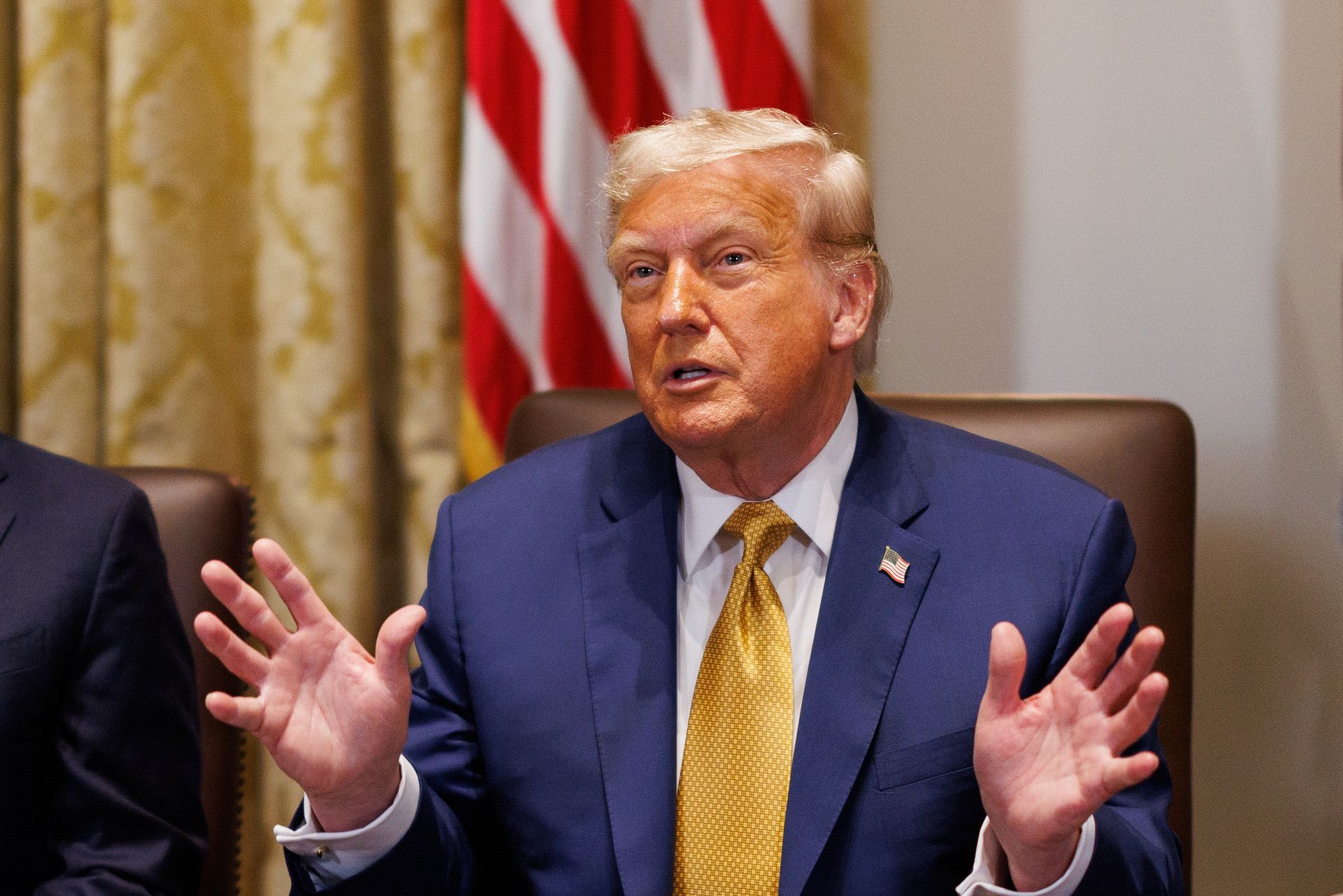Zelensky meets Trump's envoy Kellogg in Rome

Editor's note: This item is being updated.
President Volodymyr Zelensky met with U.S. Special Envoy for Ukraine Keith Kellogg in Rome on July 9, marking their second official meeting.
The meeting comes on the eve of the Ukraine Recovery Conference, co-hosted by Ukraine and Italy on July 10–11. It marks the fourth major international event focused on mobilizing political and private-sector support for Ukraine's reconstruction.
Kellogg, a prominent figure in U.S. President Donald Trump's administration, has led recent diplomatic outreach with Ukrainian leadership.
Zelensky described their conversation as "substantive" and said the meeting focused on weapons support and sanctions.
"We discussed arms supplies and strengthening air defense. Against the backdrop of increased Russian attacks, this is one of the priorities," Zelensky wrote on Telegram following the meeting.
"We also discussed the purchase of American weapons, joint defense production, and localization in Ukraine."
Both Zelensky and Kellogg also support efforts by U.S. senators to pass legislation imposing harsher sanctions on Russia and 500% tariffs on imports from countries that purchase Russian oil, the president said.
"We understand that tougher restrictions are needed against Russian energy, and especially secondary sanctions against buyers of Russian oil. ... This is something that can undoubtedly force Russia to think more about peace," he said.
Before his meeting with Kellogg, Zelensky met with Pope Leo at Castel Gandolfo, the papal summer residence south of Rome. He also met with Italian President Sergio Mattarella.
The recovery conference opens as Ukraine continues to absorb daily aerial bombardments and repel Russian ground offensives across the front line. The destruction has placed immense pressure on Ukraine's economy and infrastructure.
The Financial Times reported on July 8 that Kyiv faces a projected deficit of $8 billion to $19 billion for 2026, driven largely by declining U.S. assistance and the absence of a breakthrough toward a ceasefire.
A senior EU official told the outlet that Western donors had previously anticipated a peace agreement in 2025 but are now preparing for continued hostilities.












